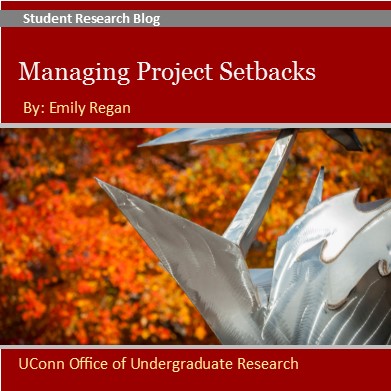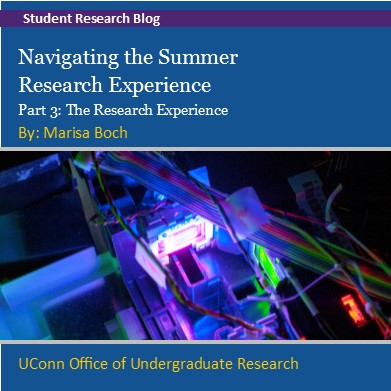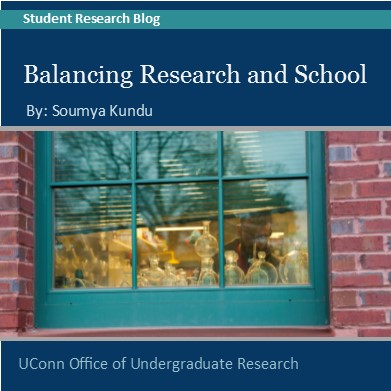 By: Soumya Kundu, OUR Peer Research Ambassador
By: Soumya Kundu, OUR Peer Research Ambassador
For me, summer has always been the most productive time for making progress on research. Without the regular worry of upcoming deadlines for coursework or responsibilities tied to extracurricular activities, I had the freedom to devote all of my attention to my research projects during the past two summers. However, summer doesn’t last forever, and often, work on the research project continues through the semester. Research during the semester can be much more challenging, especially if your plate is already full with classes and other commitments. If you find yourself in this situation, here are a few tips that can help you: Continue reading
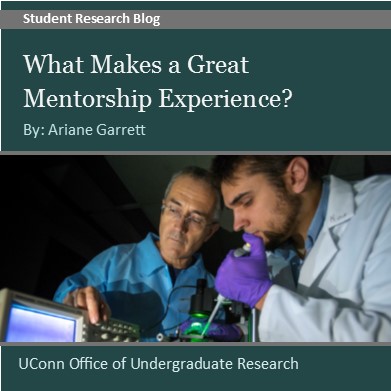 By: Ariane Garrett, OUR Peer Research Ambassador
By: Ariane Garrett, OUR Peer Research Ambassador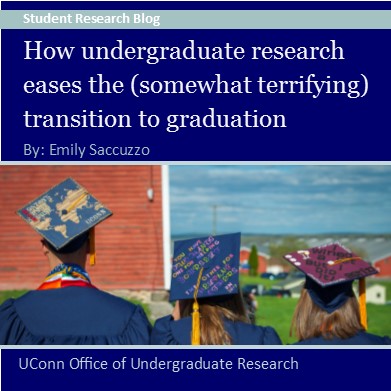 By: Emily Saccuzzo, OUR Peer Research Ambassador
By: Emily Saccuzzo, OUR Peer Research Ambassador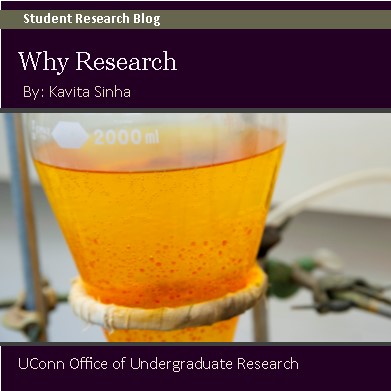 By: Kavita Sinha, OUR Peer Research Ambassador
By: Kavita Sinha, OUR Peer Research Ambassador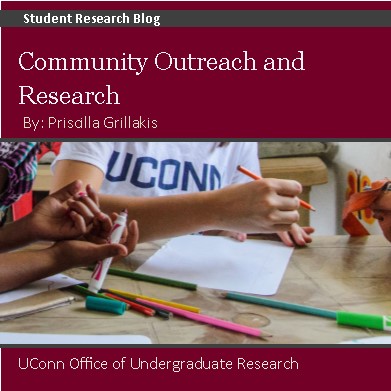 By: Priscilla Grillakis, OUR Peer Research Ambassador
By: Priscilla Grillakis, OUR Peer Research Ambassador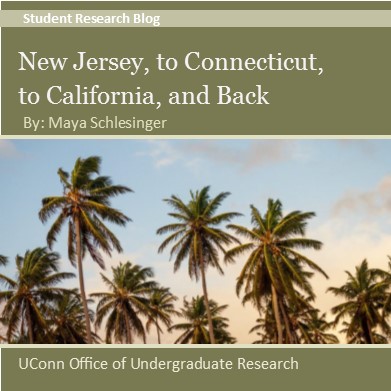 By: Maya Schlesinger, OUR Peer Research Ambassador
By: Maya Schlesinger, OUR Peer Research Ambassador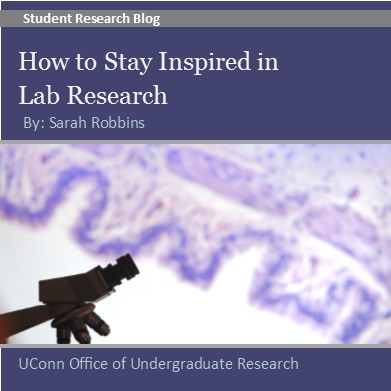 Finding Inspiration – Don’t Get Bogged Down in the Everyday
Finding Inspiration – Don’t Get Bogged Down in the Everyday